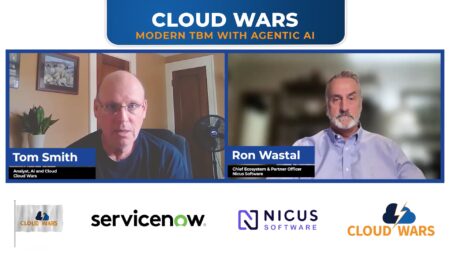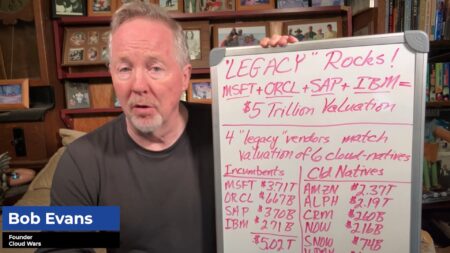Decentralized Autonomous Organizations (DAOs) are integral to the Web 3.0 lexicon. These community-led initiatives epitomize the decentralized future of the internet and a push for a more level playing field.
Now, when you hear the term DAO, it’s usually in the context of a crypto project. And yes, the crypto industry has embraced the concept, but for good reasons. DAOs essentially realize the mechanics of a decentralized blockchain into a working social structure.
Today, the most pressing question regarding DAOs is how they might shape the future of the Metaverse. In this article, we’ll attempt to answer this question.
Overall Governance Enables DAOs
First and foremost, DAOs are about governance. They enable users to define the direction of a community or initiative by voting using a specific consensus mechanism. In the crypto-space, this decentralized governance model sits at the core of many organizations and governs how they operate.
For example, Masternode holders govern the popular network Dash. These stakeholders determine how funds, automatically generated through Dash’s block reward protocol, are allocated and to which tasks.
So how can this translate to governance in the Metaverse? At the moment, some individual platforms, such as Decentraland, have DAOs. Using the Decentraland example, the DAO has the power to make essential governance decisions. such as content moderation policies and land auction protocols.
While this level of decentralization is precisely what many hoped for in the Metaverse, DAOs aren’t yet interoperable. While governance on one platform may be decided democratically, on another, it may not. From a governance perspective, the next step will be to define how DAOs work together to create standard rules and procedures. This process could even include using Supernodes to act as representatives of individual DAOs.
Establishing Shared Ownership
DAOs can establish shared ownership schemes. Of course, on a superficial level, this could be the shared ownership of NFTs or cryptocurrencies through DAO investment funds, such as DAO Invest.
However, a recent development has shown how, in the Metaverse, shared ownership could be more expansive and tangible. Organizations like PangeaDAO create Metaverse land cooperatives that enable users to invest in shared land ownership schemes.
Today, virtual land is the most prized and expensive asset in the Metaverse. However, the popularity of this digital land has made its price, on many platforms, exceed the buying power of regular users. DAOs that enable users to purchase land as a community not only deliver access to a sought-after investment but help to democratize land sales.
Ultimately, if Metaverse land becomes so expensive that only the wealthiest individuals and organizations can afford it, the promise of a user-owned virtual universe disappears. DAOs could well be the solution to this scenario.
Common Goals of DAOs
Finally, DAOs can operate to achieve shared visions and successes. Beyond ambiguous governance, DAOs can target specific areas, such as an environmental objective.
Using this area as an example, a DAO in the Metaverse could operate as a carbon reduction fund that rewards organizations and individuals for transferring real-world, carbon-hungry pursuits into a sustainable virtual environment. This example is just one use case, but the opportunities for special interest DAOs in the Metaverse are endless.
Another way DAOs in the Metaverse could support shared goals is through community resource programs. Although similar to shared investments, shared resources are more practical and less focussed on monetary gains. In the Metaverse, a model like this could be used for freelancers or even small business owners that wish to commit funds to a pool that enables them to access otherwise unachievable outcomes.
For example, a DAO could use shared resources to hire event spaces where users could showcase work, pay for education and training programs, or even rent an online residence similar to a real-world co-working space.
Want to compete in the Metaverse? Subscribe to the My Metaverse Minute Channel:









